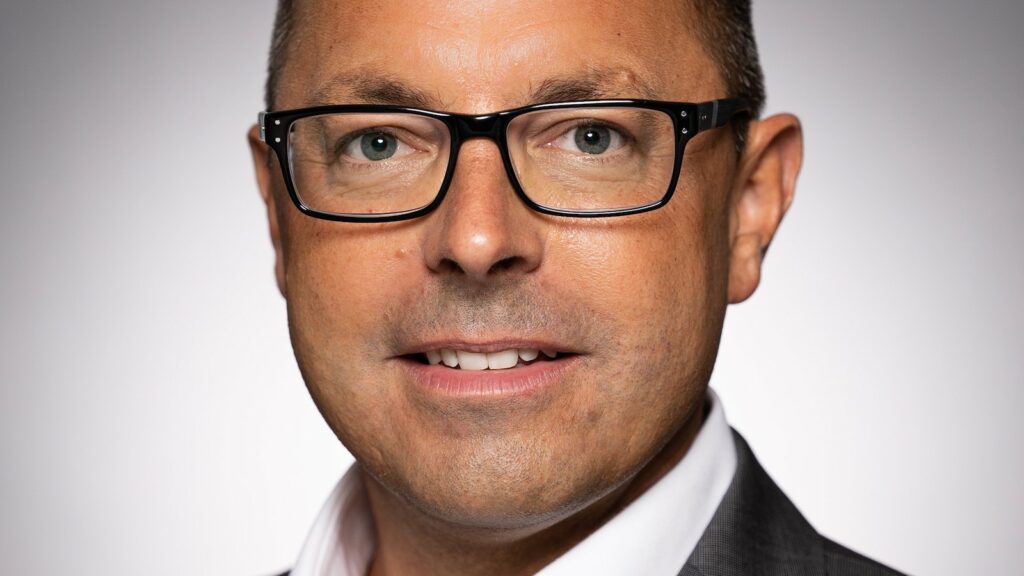As banks give up on the European custody-services market, Clearstream’s Dirk Loscher sees a role for centralised platforms such as central securities depositories.
This five-year lookback interview is our eighth one in a series. It was published also in our freely downloadable jubilee magazine.
“The recent rise in geopolitical tensions, advances in digitisation and the tight grip of the planet-wide pandemic have altered our industry dramatically over the last 5 years,” says Clearstream’s Dirk Loscher. And zoning in on the European post-trade and custody space, he notes three additional major impacts – those listed in the box.
My 5-year observations
Dirk Loscher, Head of Custody & Investor Solutions at Clearstream
• Regulatory heavyweights such as the implementations of CSDR in 2014 and SRD II in 2017.
• European banks exiting their custody businesses.
• Efforts to uphold secure cross-border links under geopolitical tensions.
“Regulatory heavyweights such as the implementations of CSDR in 2014 and SRD II in 2017 have required participants to adapt their processes and systems, while keeping up their daily business,” he says.
“However, the long-term goal of improved transparency and standards across the industry is essential to combat fragmentation and keep European markets competitive.”
Dirk Loscher’s second observation captures how various European banks exited from global or sub-custody due to increasing regulatory cost and pressure.
“As custody is no longer the main focus, it has left many of them vulnerable to risk and cost inefficiencies. Outsourcing to central platforms such as CSDs helped cushion the effects, freeing up their capabilities in other areas.”
Deutsche Börse-owned Clearstream is itself the operator of two central depositories: Germany’s dominant one, which is Europe’s largest; and the Luxembourg-based international CSD Clearstream Banking.
Geopolitical tensions and protective tendencies have taken their toll on the efficiency of globalised markets, he notes. As for Clearstream itself, he says the priority has been the “maintaining and establishing secure and easy-to-use cross-border links to strong and growing economies such as Ukraine, Serbia or Korea … to facilitate financing flows between investors and markets in need of funding”.












